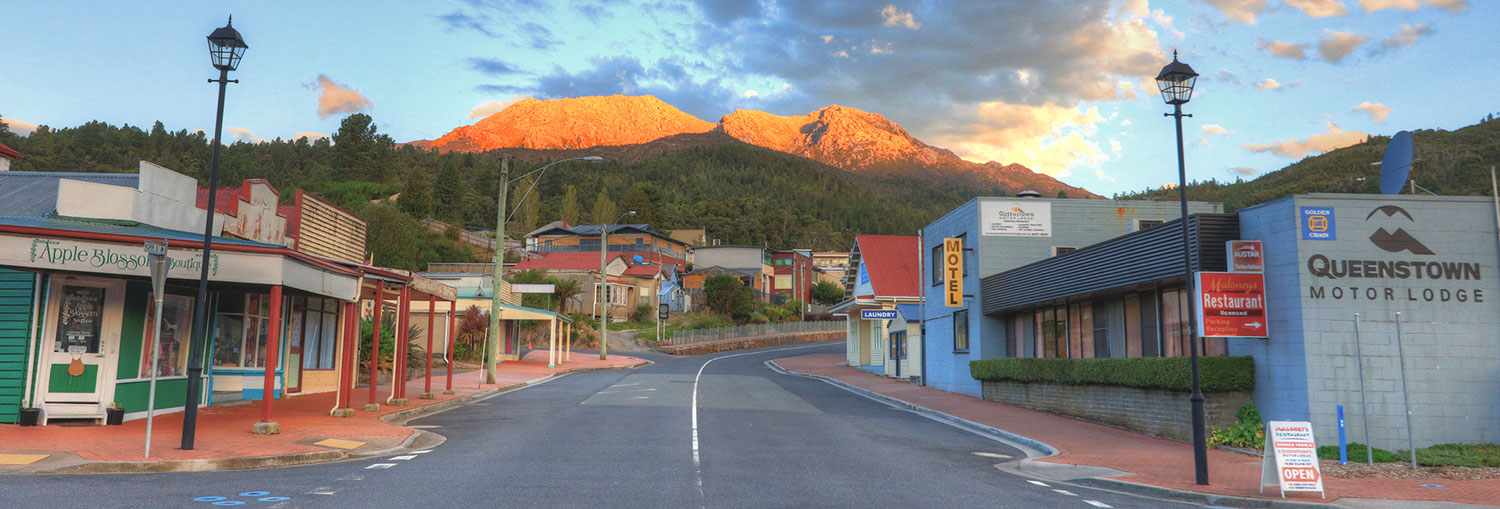

The west coast of Tasmania is well known for it's wilderness, and historic mining tourism. Make your holiday unforgettable by including some of these activities on you itinerary.
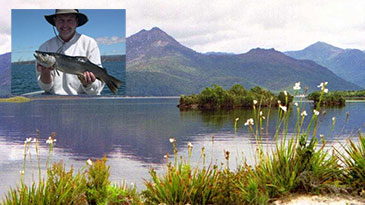
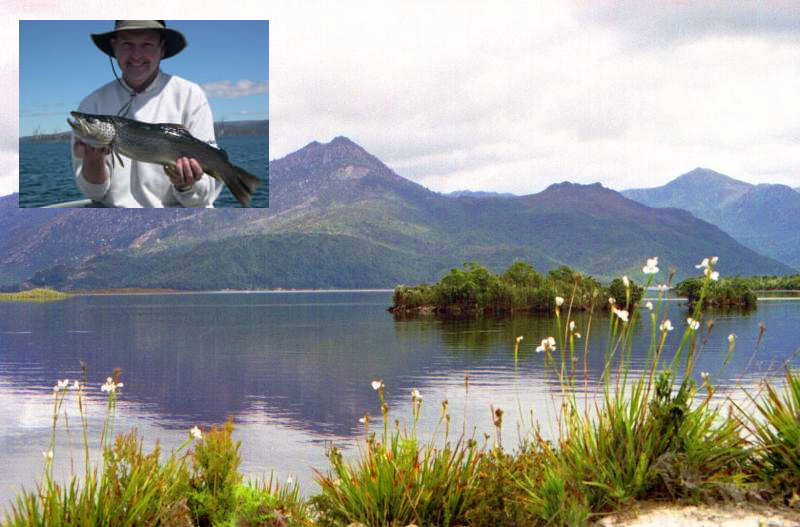
Lake Burbury is a popular fishing lake on the edge of Tasmania's World Heritage Wilderness Area. At Lake Burbury, just 15 minutes east of Queenstown, you can fish for the legendary Tasmanian wild trout, with both brown and rainbow trout in abundance. Named after Stanley Burbury, the first Australian-born Governor of Tasmania, the 54 square-kilometre (33 square-mile) lake was man-made for hydroelectricity in the early 1990's. There are boat launching, picnic and barbecue facilities for you to use.
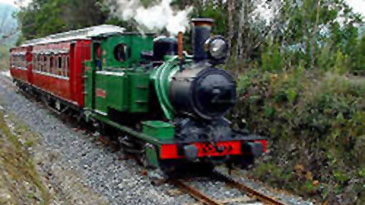
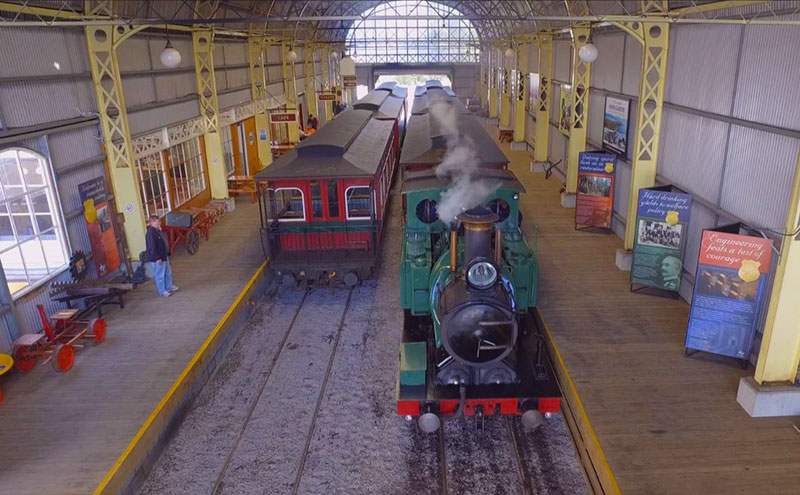
The West Coast Wilderness Railway is a reconstruction of the Mount Lyell Mining and Railway Company railway between Queenstown and Regatta Point, Strahan. The Rack and Gorge is a spectacular half-day steam train journey departing Queenstown Station and travelling to Dubbil Barril along the steep grades of the rack and pinion track. With views of the King River Gorge and old growth rainforest while your guide brings stories of the railway and its resilient people to life.
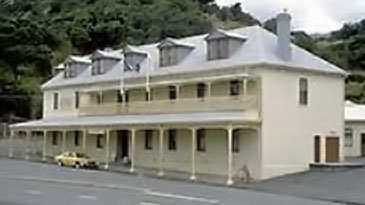

Located in Queenstown's first brick hotel, the Imperial (1898) (corner of Driffield and Sticht Streets), the Galley Museum was established by Eric Thomas. As the brochure explains: 'there are in excess of 800 photographs displayed in seven rooms. All have been collected by Mr Thomas with a great amount of detail typed under each photo. The photos cover the history of the West Coast from the establishment of Mt Bischoff at Waratah to the development of Queenstown and Strahan.
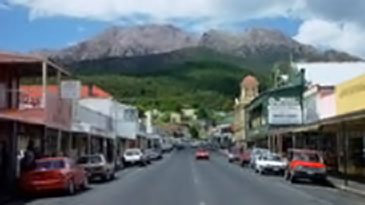

Queenstown's main street and shopping hub, where you can find the Post Office, hospital (next door), Bendigo and Commonwealth Banks, Supermarkets, the newsagent, butcher, and fresh fruit and vegetables. Also close by are the Library, Police Station, Fire Brigade, and Parks and Wildlife.


Queenstown Oval is one of the most infamous sports grounds in Australia. Infamous for the fact that its playing surface is gravel.
The Gravel oval has hosted football and community events in Queenstown for well over a century, and legend has it, that it was the first ground in Tasmania to install a siren to signal the start and end of each quarter with a siren borrowed from the Mt Lyell Mines.
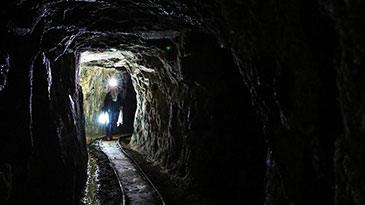
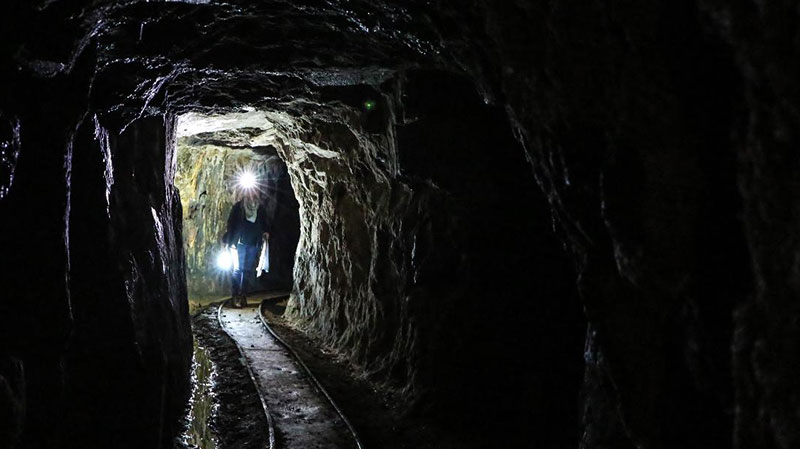
Queenstown Heritage Tours can take you on a spooky walk into abandoned Gold and Copper mines. Horizontal tunnels mined in the 1880's - 1890's by the original pioneer miners. Find your own piece of copper ore on the ground as you walk through the mine. Add the National Parks option to stand on the 'No Dams' blockade site of the early 1980's wilderness protests.
From 2.5 hours.
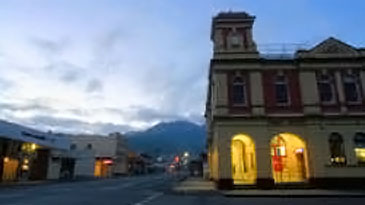
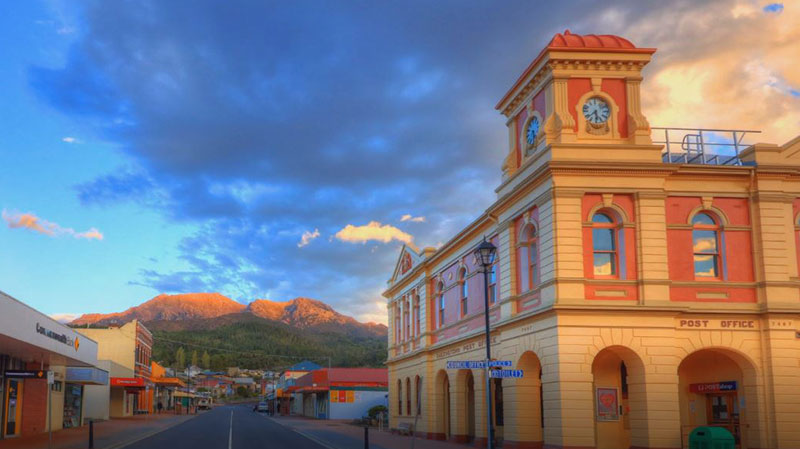
There is a brochure titled 'The Walkabout Queenstown' published by the Project Queenstown Committee. The town is now a classified historic town and it is not surprising that the brochure lists 25 locations (all within easy walking distance of each other) which take the visitor past most of the town's significant buildings.
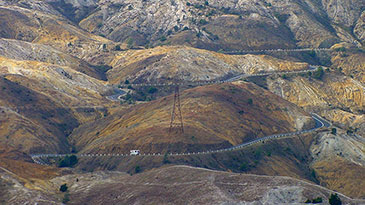
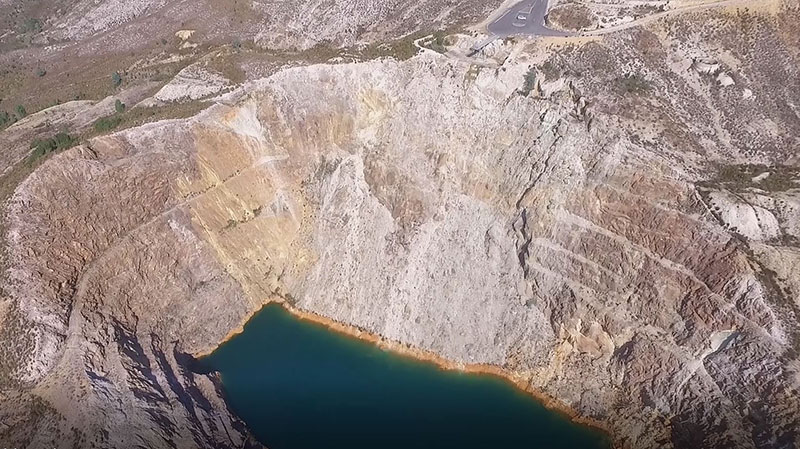
Spion Knof Lookout is one of many vantage points showing Queenstown and it's unique landscape.
Iron Blow Lookout for views of the surounding landscape and Iron Blow open cut gold mine which was the site of the earliest major mining venture at Mount Lyell in 1883.
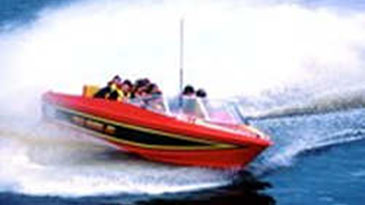

Join the WILD RIVERS JET for an exhilarating 50 minute trip from Strahan to the West Coast's incredible King River.
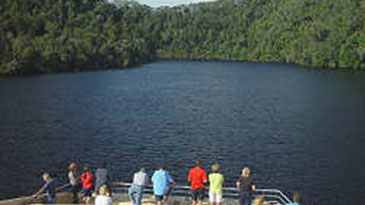

How could any visit to Tasmania be complete without a cruise on the world-famous Gordon River? The fight to save this natural treasure in the early 1980's attracted international attention and support. It's not hard to understand why.
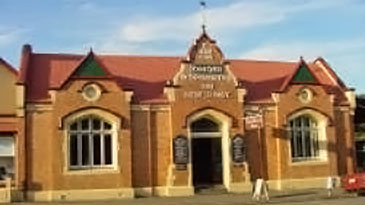

The Zeehan School of Mines and Metallurgy was established in 1892 and ran courses in geology, assaying and surveying. Today it has been converted into the Zeehan Museum. It is a fascinating museum which offers the visitor an excellent overview of the history of the west coast of Tasmania from convict days through to the modern mining towns.
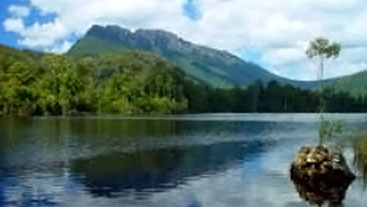
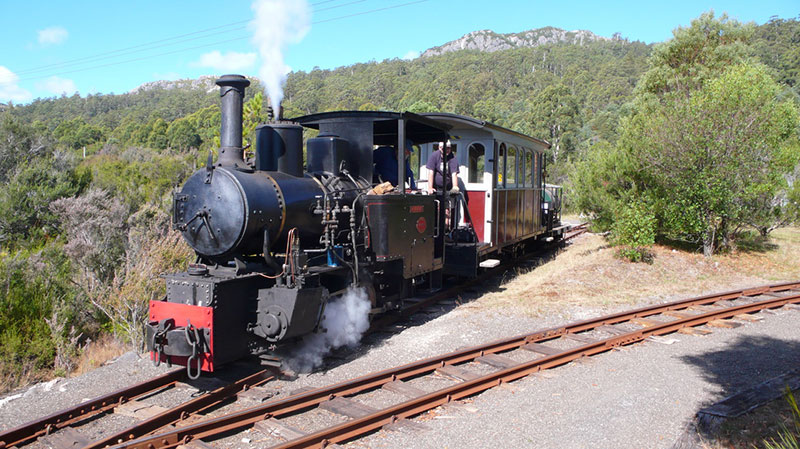
It was originally a mining town called Mount Farrell, a hydroelectric power scheme construction town during the making of the Pieman Scheme, renowned as a fishing location. The Wee Georgie Wood Railway is a 2 ft narrow gauge tourist tramway running from Tullah, on a 1.9 km short track by the edge of Lake Rosebery. Operated by volunteers on the First Sunday and last Saturday and Sunday of the month from October to May.
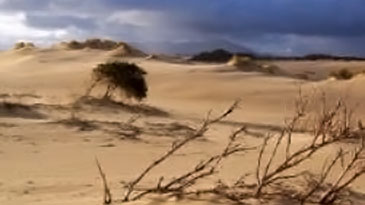

10 minutes drive north of Strahan on the Zeehan road are the Henty Dunes. A vast expanse of sand dunes extending several kilometres inland. Pine plantations have attempted to stop the migration of the dunes inland. Despite a misconception, Tasmania can get quite hot in summer.
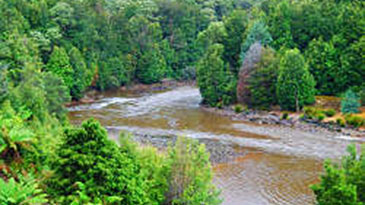

The King River is arguably Australia's most polluted river. Mining started in the 1880's, with the Queen River, a major tributary of the King River, being used for waste water disposal from the Mt Lyell copper mine. Between 1922 and 1995 low grade ore was concentrated on site and the tailings (ore-washing residue) dumped in the river also.
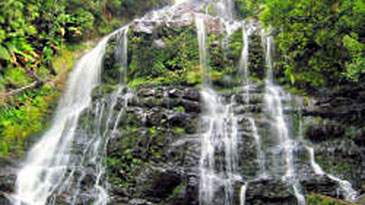
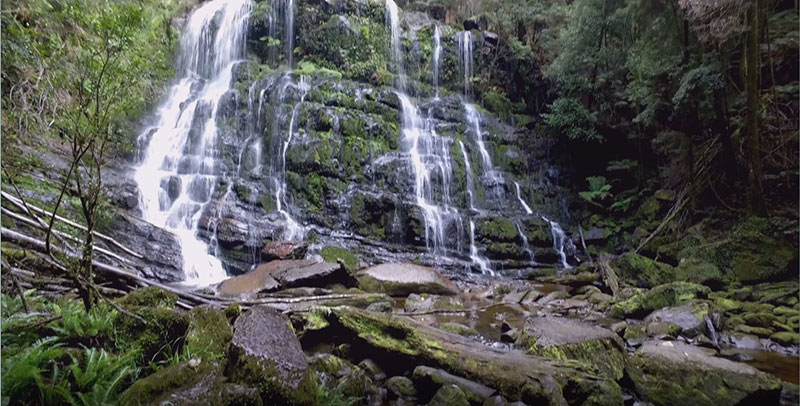
Along the boardwalk to Nelson Falls you will come across interpretation panels highlighting the ancient plants you see along the way, including at least seven species of fern. Among the forest trees you will discover ancient species that once dominated the Australian landmass, but are now confined to the wetter regions of Tasmania and southeast and eastern mainland Australia.
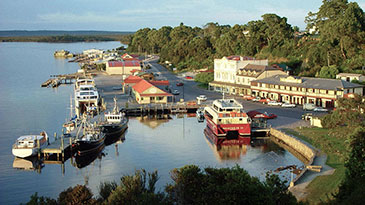
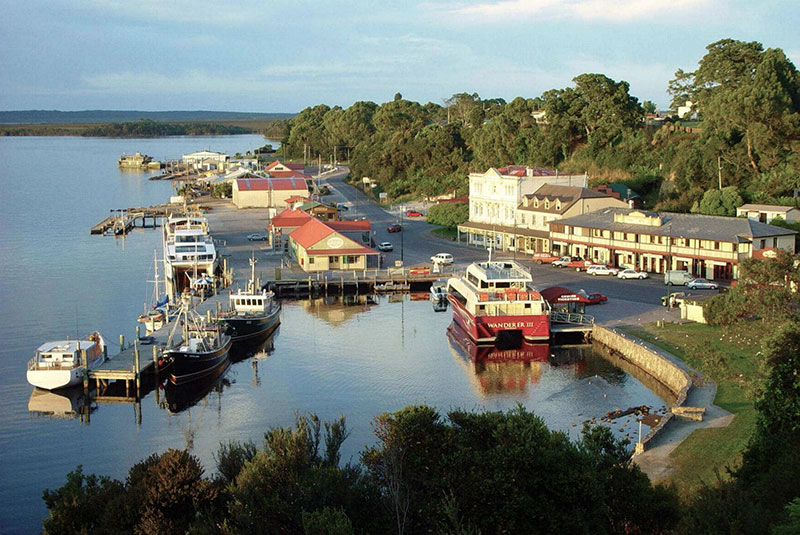
Strahan is a harbour-side village with a dark and fascinating convict past set on the edge of the Tasmanian Wilderness World Heritage Area. Gordon River Cruise, visit specialty craft shops, yacht charters, take wildlife tours or even a helicopter flight.